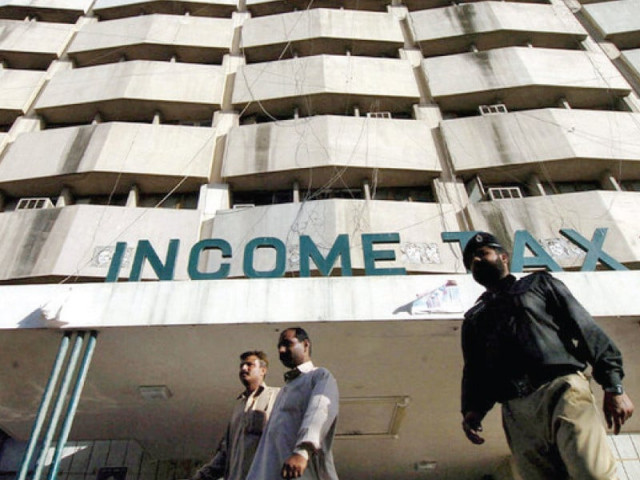CAA takes Rs50b tax dispute to SC
Apex court to hear case on Wednesday; FBR expects Rs9.5b advance tax from CAA

As the government continues to struggle in maintaining discipline across its departments, the Civil Aviation Authority (CAA) has approached the Supreme Court of Pakistan in a tax dispute exceeding Rs50 billion against the tax authorities.
The CAA, which oversees Pakistan's aviation industry, filed a civil petition for leave to appeal despite the Sindh High Court's directive to resolve the inter-departmental dispute amicably.
The Supreme Court is set to hear the appeal on Wednesday, just days before the Federal Board of Revenue (FBR) expected a Rs9.5 billion payment from the CAA for advance income tax, according to sources.
Previously, the CAA had also challenged the advance tax levy in the Sindh High Court (SHC), which ruled that since the authority is a state-owned enterprise, the appropriate forum for resolving the matter would be the Alternate Dispute Resolution Committee (ADRC) or the federal cabinet, as outlined in Rule 8 of the Rules of Business.
However, sources said, the CAA has refused to resolve the issue through the ADRC, seeking a decision from the Supreme Court instead.
This legal move comes at a critical time for the FBR, which is facing challenges in meeting its revenue targets.
The CAA is required to pay Rs9.5 billion in advance income tax by September 25, which the FBR urgently needs to meet its monthly revenue target of Rs1.2 trillion.
As of Monday, the FBR has collected approximately Rs368 billion and must generate Rs828 billion more within the remainder of the month, averaging Rs60 billion per day.
The CAA's decision to escalate the dispute to the Supreme Court, rather than resolving it at the cabinet level, highlights the growing rifts between federal government departments.
FBR officials maintain that under the Income Tax Ordinance, the CAA is liable to pay taxes, with an annual tax liability ranging between Rs50 billion to Rs60 billion.
However, the CAA argues that as a regulator, it should not be classified as a government-owned entity for tax purposes.
Earlier this year, the Parliament bifurcated the CAA into two new entities: the Pakistan Airports Authority (PAA) and the Pakistan Civil Aviation Authority (PCAA), following the enactment of the Pakistan Airports Authority Act, 2023, and the Pakistan Civil Aviation Authority Act, 2023.
This move was made to address concerns from the European Union, which had banned Pakistan International Airlines flights due to safety issues. However, the government also used this opportunity to exempt the PAA and CAA from taxes, a decision that contradicts commitments made to the International Monetary Fund (IMF).
The CAA claims an income tax exemption under Section 34 of the Civil Aviation Act, 2023, and Section 38 of the Pakistan Airports Authority Act, 2023, both of which contain clauses that explicitly exempt these entities from taxes. The FBR, however, has faced resistance from the Ministry of Law and Justice and other relevant authorities in its attempts to block the exemptions.
These exemptions, according to the FBR, were not granted under the Income Tax Ordinance of 2001, thereby violating Section 54 of the Ordinance.
The Ministry of Law has sided with the CAA, supporting its claim for an income tax exemption ranging from Rs50 billion to Rs60 billion. However, the FBR and the Ministry of Finance oppose this exemption, with the FBR attempting to recover the amount owed.
The FBR also disputes the Ministry of Law's opinion, arguing that the Income Tax Ordinance is the "only special law" governing taxation, and neither the Pakistan Civil Aviation Act, 2023, nor the Pakistan Airports Authority Act, 2023, qualify as special laws for taxation purposes.
The FBR has reiterated that no tax exemption can be granted unless explicitly outlined in the Income Tax Ordinance, 2001, in accordance with Sections 3 and 54 of the Ordinance. Earlier this year, the FBR successfully recovered approximately Rs29 billion from the CAA.



















COMMENTS
Comments are moderated and generally will be posted if they are on-topic and not abusive.
For more information, please see our Comments FAQ